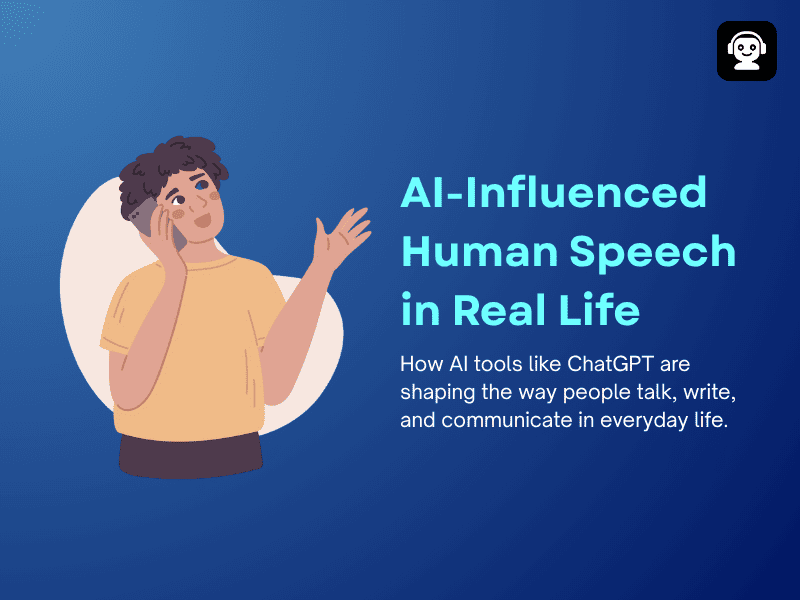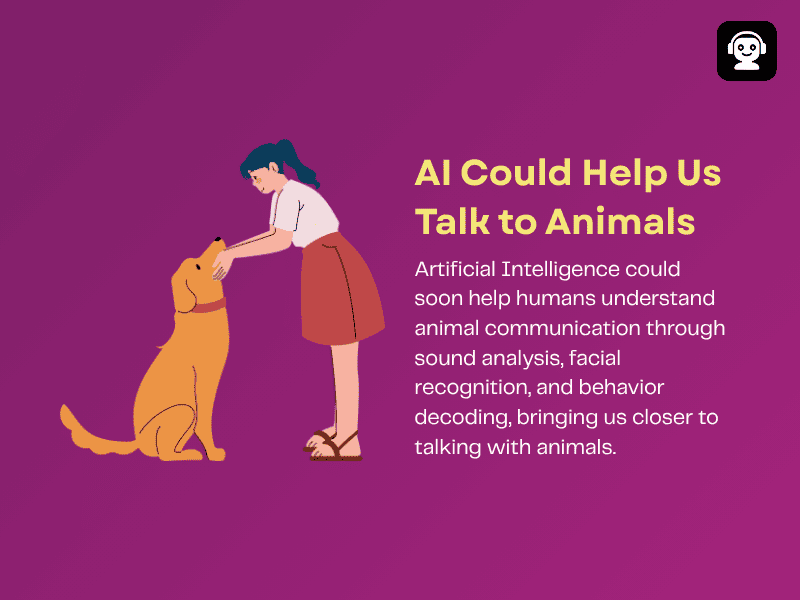Inside the TCS AI Layoffs in 2025: A New Era or Just Business as Usual?
As we stand on the ground that needs and requires artificial intelligence to make their work more efficient and

As we stand on the ground that needs and requires artificial intelligence to make their work more efficient and accurate, India’s Tata Consultancy Services (TCS) has taken a bold step. Over the next year, the company is planning to reduce its global workforce by 2% which means 12,000 jobs all over the world. These TCS AI layoffs have taken over the news channels and headlines, as it is not your typical downsizing story. As artificial intelligence and technology gain momentum, TCS is currently navigating the most difficult time to balance between talent and tech.
This is a dilemma that most companies face due to the need for AI in IT jobs to perform better with no mistakes or errors. The news of India’s IT layoff 2025 has taken a jolt, and it is a pivotal moment that reveals just how much the IT world is engineered by artificial intelligence and innovation. With the growing need for quicker work due to customer demand, TCS AI layoffs seem quite valid but saddening at the same time. So, let us take a quick look at the TCS AI layoffs and their impact and consequences.
TCS Workforce Cutdown
K Krithivasan, who is the CEO of TCS, made it very clear that it is not just a numbers game anymore. In an interview with Moneycontrol, he revealed that the reduction of workforce and TCS AI layoffs stems from the need to make the company modern, agile, and ready for the future. According to him, the industry is undergoing a huge and fundamental change in how work should be done efficiently, and TCS cannot step back. With new technologies and artificial intelligence coming forth, the TCS AI layoffs will be done to adjust to a new kind of workforce that is attuned to the future.
TCS is now investing heavily in reskilling and redeployment efforts have already been in play for the associates. Despite these initiatives to introduce AI in IT jobs, Krithivasan mentions that the redeployment has not been quite effective in certain products. This inefficiency can be harmful for the company and has some roles misaligned with business needs. This strategy is also not rooted in artificial intelligence replacing human jobs and causing unemployment. If we look at the broader picture, this is not because of artificial intelligence but rather is about feasibility in deployment.
Read More: Pocket FM AI-Led Audio Content Creation Generates Over 50k Shows
Read More: Ohm Mobility Shutdown: Why India’s Promising EV Leasing Startup Failed in 2025
Who is Affected the Most
The 2% TCS AI layoffs mean cutting down over 12,000 jobs out of 613,00 employees as of June 2025. But we have to mention here that not all jobs are getting affected by automation and layoffs. Krithivasan was very quick to clarify that the layoffs would primarily affect the middle and senior management levels, and the junior roles are safe and secure. This reflects a clear intention to retain early-career talents that can be molded easily and reskill them to adapt to the new goals and objectives.
But the most interesting part of the TCS AI layoffs is that the headcount actually grew in the months between April to June 2025. The company added over 6000 new employees and saw an increase of 5090. The dual trend of reducing workforce while employing them is a great strategy of TCS, and we have to comment on their confidence in onboarding fresh and adaptable talents. In an era that requires artificial intelligence literacy and development, middle management job cuts seem quite valid as the company is trying its best to have a secure future for itself.
The Revolution of Automation
Krithivasan insists that artificial intelligence should not be blamed for the TCS AI layoffs, but many believe that it acts as a catalyst in rewriting the rules of workforce management. Across the IT sectors, roles are mostly rooted in a very routine process, and tasks like manual testing, quality assurance are now being taken over by artificial intelligence systems. As a result of this, employees who have been adapted to the new skills are removed from their jobs, or their jobs are vulnerable.
However, Krithivasan doesn’t see the TCS AI layoffs as a direct result of artificial intelligence, nor does he feel that artificial intelligence is replacing humans in their jobs. He reflects on the ineffective redeployment in a rapidly shifting landscape as a much-needed process and feels that artificial intelligence is not the cause of the problem.
The Road Ahead for TCS
The upcoming TCS AI layoffs mark a pivotal shift in how the company views its workforce, and that is not as a static asset but more dynamic in nature. The focus of TCS is shifting from headcount to skillset and from quantity to quality to stay in the race of artificial intelligence. This decision of the company could set a precedent for the rest of the IT sector in India to secure their future with the help of artificial intelligence and machine learning.





